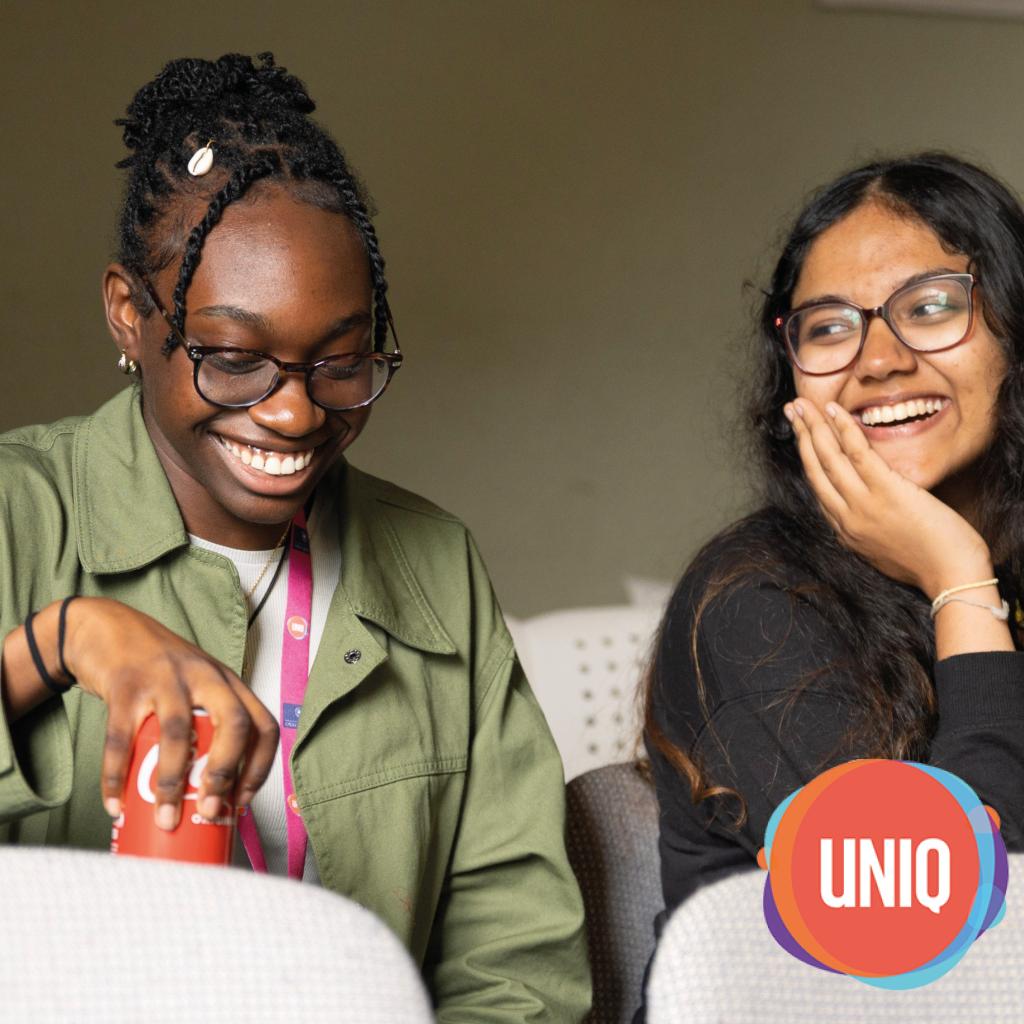We’re delighted to announce the return of our ever-popular French and Spanish Flash Fiction competitions for UK secondary school pupils. If you are learning French and/or Spanish in Years 7-13, you are invited to send us a *very* short story to be in with a chance of winning up to £100! Read on to find out more…

What is Flash Fiction?
We’re looking for a complete story, written in French or Spanish, using no more than 100 words.
Did you know that the shortest story in Spanish is only seven words long?
Cuando despertó, el dinosaurio todavía estaba allí.
(When he woke up, the dinosaur was still there.)– Augusto Monterroso Bonilla (1921-2003)
What are the judges looking for?
Our judging panel of academics will be looking for imagination and narrative flair, as well as linguistic ability and accuracy. Your use of French or Spanish will be considered in the context of your age and year group: in other words, we will not expect younger pupils to compete against older pupils linguistically. For inspiration, you can read last year’s winning entries for French here, and for Spanish here.
What do I win?
The judges will award a top prize of £100, as well as prizes of £25 to a maximum of two runners up, in each age category. Certificates will also be awarded to pupils who have been highly commended by our judges. Results as well as the winning, runner up, and highly commended stories will be published on this blog, if entrants give us permission to do so.

How do I enter?
You can submit your story via our online forms at the links below.
Click on the links to be taken to the correct submission form for your age/year group.
You may only submit one story per language but you are welcome to submit one story in French AND one story in Spanish if you learn or study both languages. Your submission should be uploaded as a Word document or PDF.
The deadline for submissions is 12 noon on Monday 31st March 2025.
Due to GDPR regulations, teachers cannot enter on their students’ behalf: students must submit their entries themselves.
Please note that the competition has changed slightly this year. We are now only accepting entries from UK secondary school pupils.
If you have any questions, please check our FAQs here. If these still don’t answer your question(s), please email us at schools.liaison@mod-langs.ox.ac.uk.
Bonne chance à tous! ¡Buena suerte a todos!





